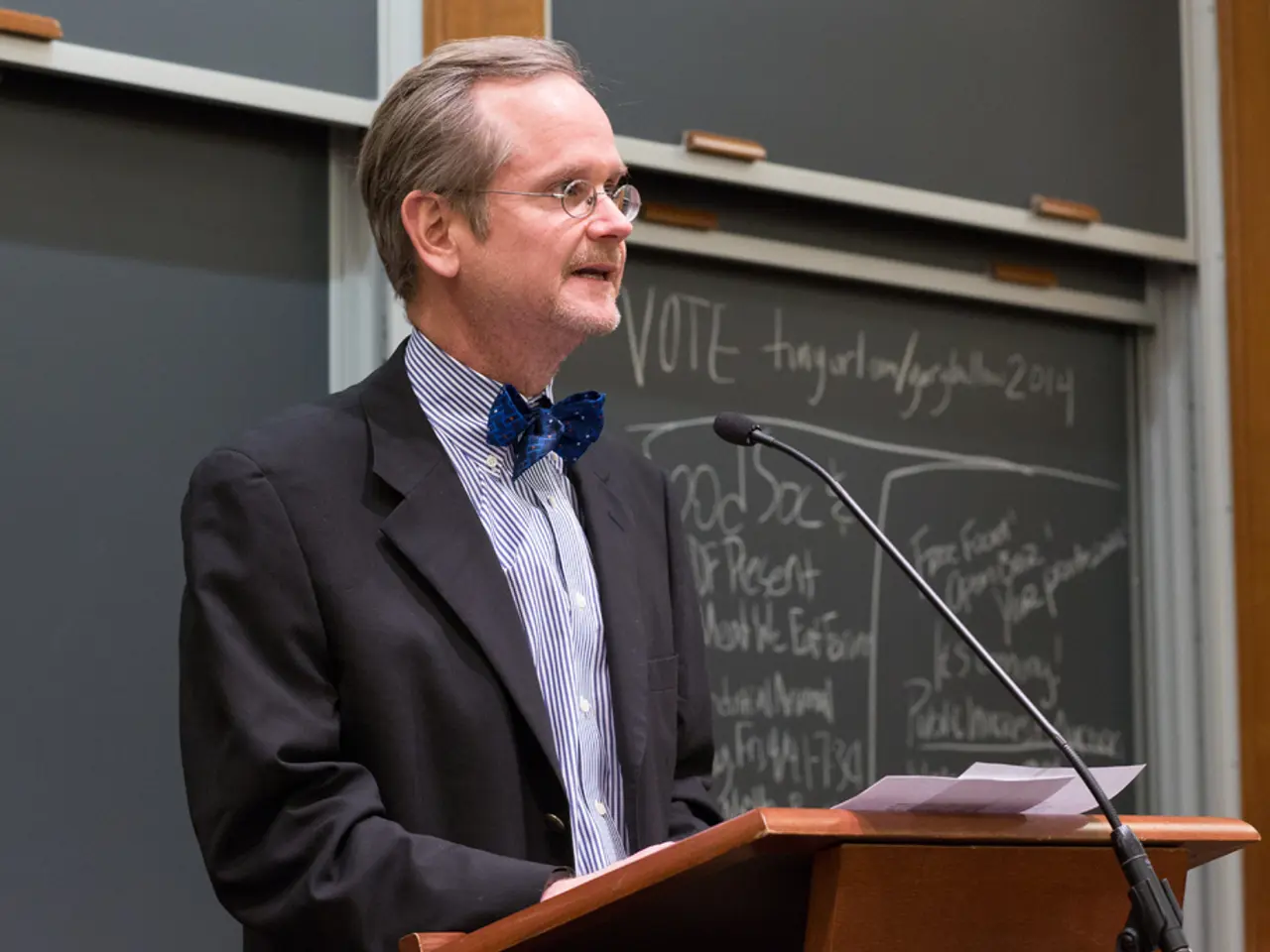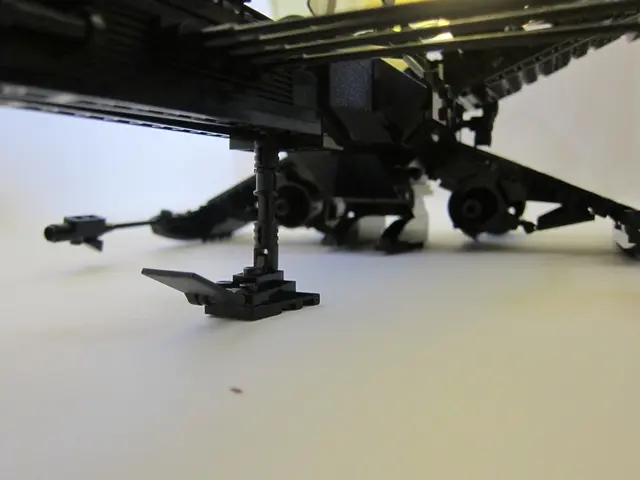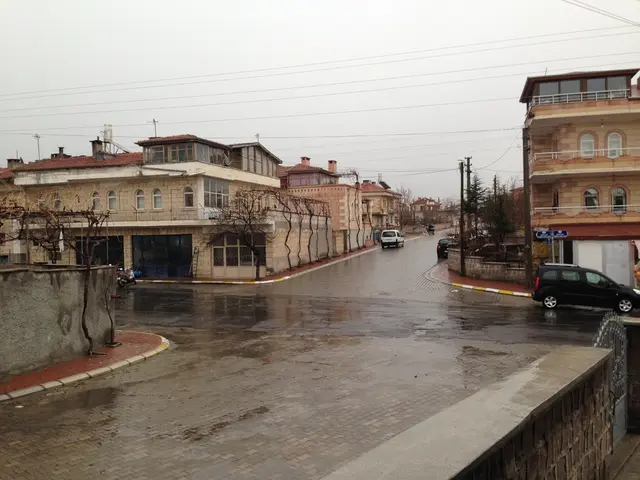Nigeria Unveils N-ATLAS, Africa's First Multilingual Large Language Model
Nigeria has unveiled N-ATLAS, a pioneering multilingual and multimodal large language model (LLM) that supports Yoruba, Hausa, Igbo, and Nigerian-accented English. This innovative tool, developed by the National Centre for Artificial Intelligence and Robotics in collaboration with Awarri Technologies, aims to enhance communication and information sharing across the country.
N-ATLAS boasts advanced speech-technology capabilities, including language-specific automatic speech recognition (ASR) models. It can transcribe radio, TV, and online videos into text, generating captions and subtitles in the four local languages. Furthermore, the model can summarize interviews conducted in these languages, making it a valuable tool for journalists and researchers.
The system can also create chatbots for accessing government services in these languages, breaking down language barriers and improving accessibility. This initiative is a significant step towards prioritizing African voices in AI development, with a focus on languages spoken in Africa.
N-ATLAS was launched by Dr. Bosun Tijani, the Minister of Communications, Innovation, and Digital Economy, at the 80th United Nations General Assembly. This open, multilingual, and multimodal LLM is not just a tool for Africa but a symbol of the continent's growing contribution to the field of artificial intelligence. It marks the first step in a broader plan to position Africa as a key player in shaping the future of this technology.








